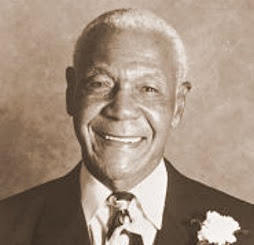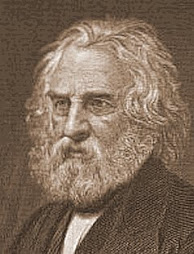 From: The Nicomachean Ethics
From: The Nicomachean EthicsThe ancients listed friendship among the highest of virtues. It was an essential element in the fully flourishing life. “For without friends,” Aristotle says, “no one would choose to live, though he had all other goods.” Words worth remembering in a world of perishable “goods.”
According to Aristotle, friendship either is, or it involves, a state of character, a virtue. There are three kinds of friendship. These are based on pleasure in another’s company (friendships of pleasure), or on usefulness in association (friendships of utility), or on mutual admiration (friendships in virtue). All are essential to the good life, and the best sorts of friends will not only admire each other’s excellence but take pleasure in each other’s company and find their association of mutual advantage. Here is a portion of Aristotle’s classic discussion.
________________________________________
As the motives to friendship differ in kind, so do the respective feelings and Friendships. The species then of Friendship are three, in number equal to the objects of it, since in the line of each there may be “mutual affection mutually known.”
Now they who have Friendship for one another desire one another’s good according to the motive of their Friendship; accordingly, they whose motive is utility have no Friendship for one another really, but only insofar as some good arises to them from one another.
And they whose motive is pleasure are in like case: I mean, they have Friendship for men of easy pleasantry, not because they are of a given character but because they are pleasant to themselves. So then, they whose motive to Friendship is utility love their friends for what is good to themselves; they whose motive is pleasure do so for what is pleasurable to themselves; that is to say, not insofar as the friend beloved is but insofar as he is useful or pleasurable. These Friendships are a matter of result; since the object is not beloved in that he is the man he is but in that he furnishes advantage or pleasure as the case may be.
Such Friendships are, of course, very liable to dissolution if the parties do not continue alike: I mean, that the others cease to have any Friendship for them when they are no longer pleasurable or useful. Now it is the nature of both pleasure and utility not to be permanent, but constantly varying: so, of course, when the motive which made them friends is vanished, the Friendship likewise dissolves; since it existed only relatively to those circumstances…
That then is perfect Friendship which subsists between those who are good and whose similarity consists in their goodness: for these wish one another’s good in similar ways; insofar as they are good (and good they are in themselves); and those are specially friends who wish good to their friends for their sakes, because they feel thus toward them on their own account and not as a mere matter of result; so the Friendship between these men continues to subsist so long as they are good; and goodness, we know, has a principle of permanence….
Rare it is probable Friendships of this kind will be, because men of this kind are rare. [ Note: With regard to the matter of 'rarity', it is worthy to note that, given the definitions of values inherent to temperaments and personality styles identified by the “Myers/Briggs” method, those given to the “utility” and “pleasure” motivations make up approximately eighty-five percent of the general population.] Besides, all requisite qualifications being presupposed, there is further required time and intimacy: for, as the proverb says, men cannot know one another “till they have eaten the requisite quantity of salt together”; nor can they, in fact, admit one another to intimacy (much less be friends) till each has appeared to the other and been proved to be a fit object of Friendship. They who speedily commence an interchange of friendly actions may be said to wish to be friends, but they are not so unless they are also proper objects of Friendship and mutually known to be such: that is to say… a desire for Friendship may arise quickly but not Friendship itself.
_______________________________________
With the insights stated by Aristotle and restated countless times since then by innumerable others in various forms... it should be clear to all that we do not share the same hopes for nor desires in our friends. It is, then, my humble opinion that it might suite us better if we could celebrate the rare gifts in Friends that Life has given us; exercise the particular senses of 'taste' that satisfy our requirements for new friends; and cease condemning others for not living up to our unique expectations for qualification as "Friend." And to the tatality of the matter I say "Viva le difference!"
This item submitted with credit and thanks to the work of William J. Bennet in his Virtues of Friendship and Loyalty (A wonderful idea for a gift)




























No comments:
Post a Comment